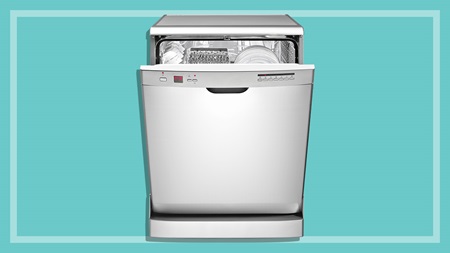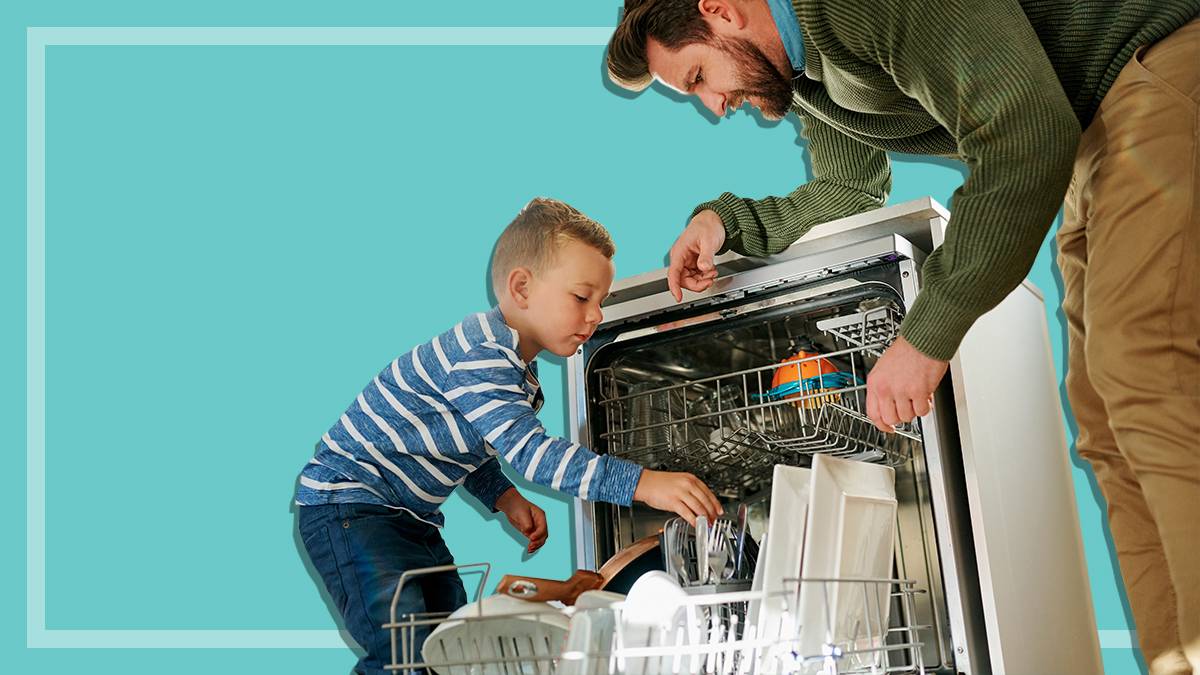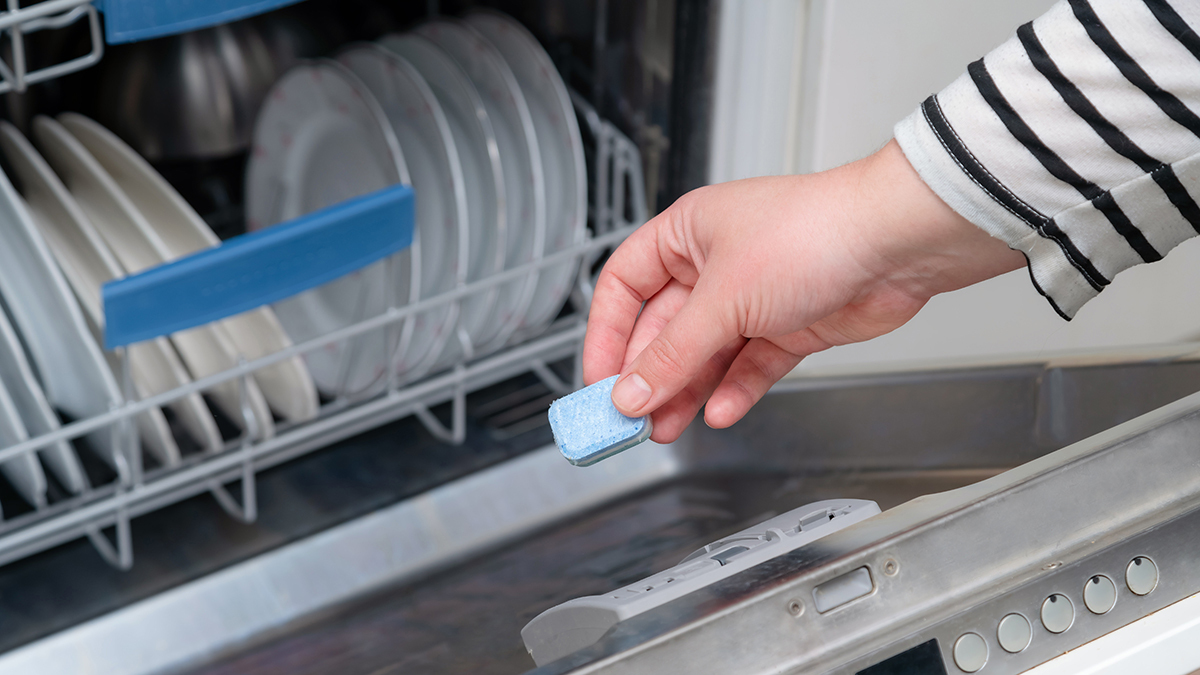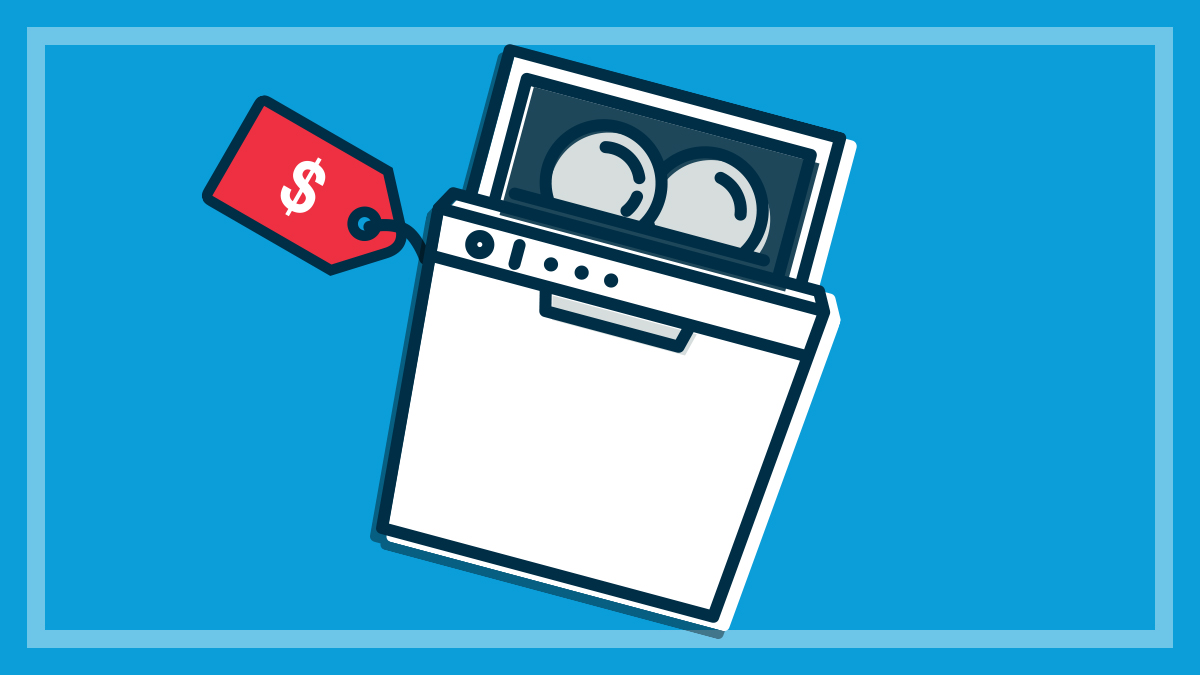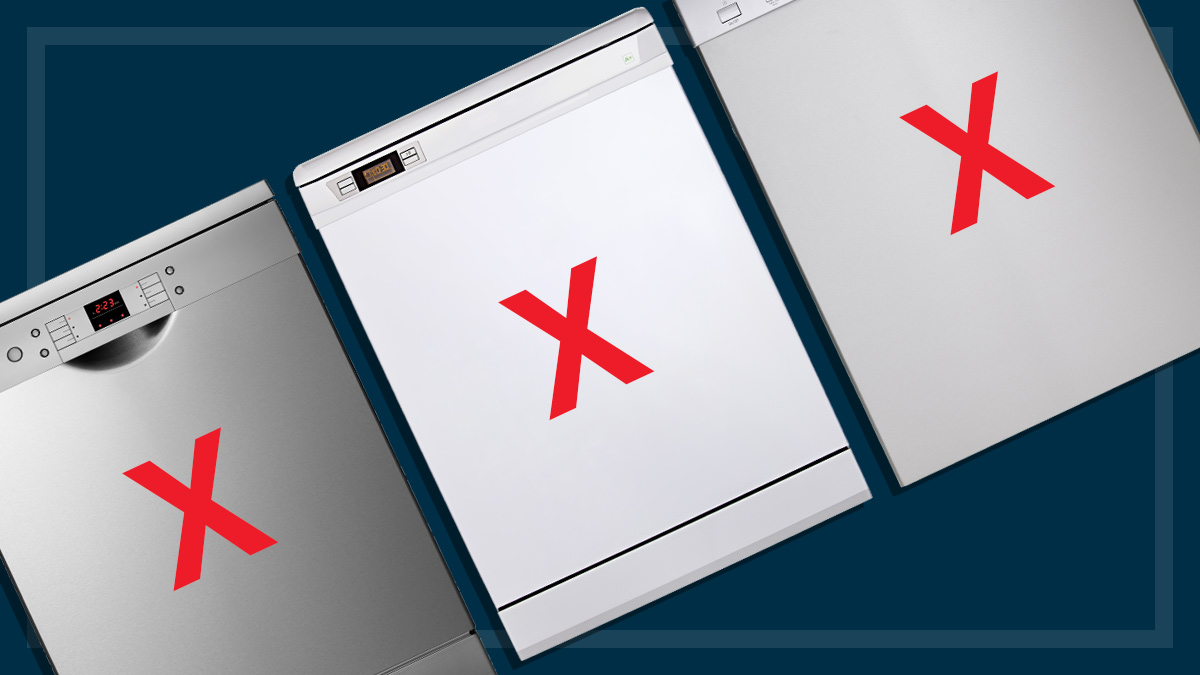Get our independent lab tests, expert reviews and honest advice.
The dishwasher mistakes you probably don’t even know you’re making
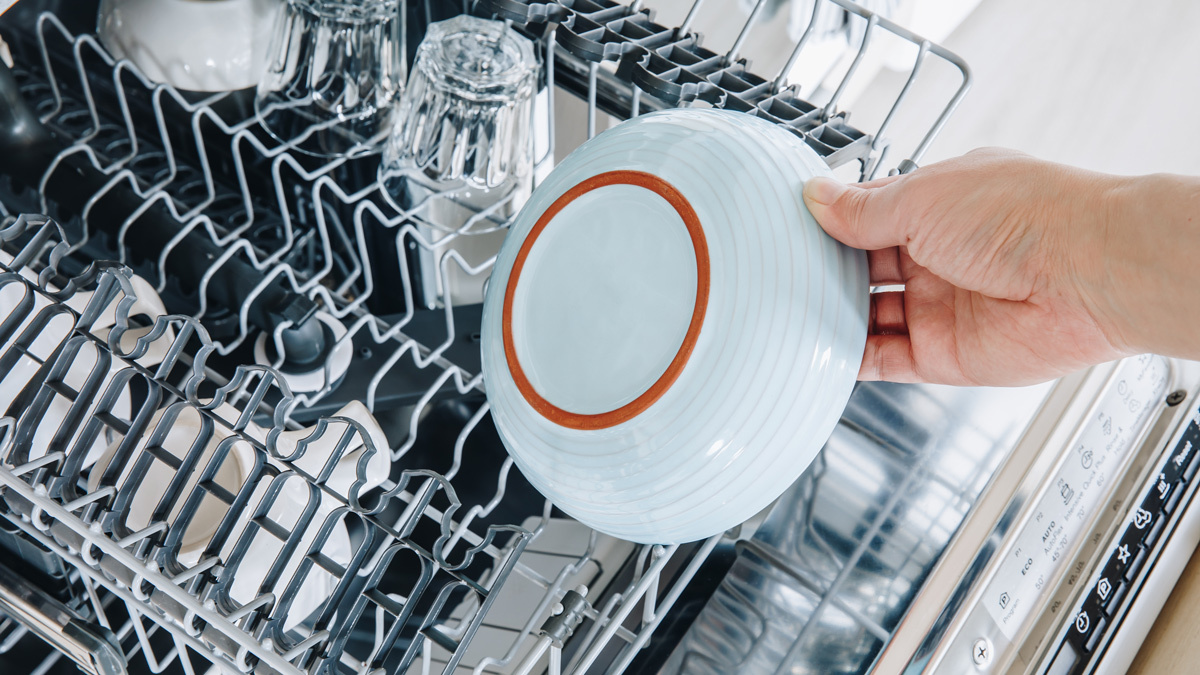
Using a dishwasher is pretty easy, right? You load it up, lob in a tablet, hit start and hey presto, the dishes are done.
But spend some time with CHOICE’s dishwasher whiz Denis Gallagher in our testing labs and you’ll quickly learn there’s a big gap between beginner and boss level when it comes to getting the best clean from your machine.
Turns out you might be a novice and you just don’t know it.
Denis and our lab team have been testing and reviewing dishwashers for years.
Along the way, they’ve regularly uncovered the best dishwasher models, exposed serious dishwasher shockers and even cooked dinner in a dishwasher (yes, really – honey soy salmon!).
So that you can learn from others’ mistakes, Denis and his team outline the everyday errors to avoid and share their invaluable advice for saving time, money and water.
1. Pre-rinsing dirty dishes
We’re all guilty of giving our dishwasher a helping hand by doing a generous pre-rinse under the tap first.
But get ready for a revelation: CHOICE expert tester Sean Lim says it’s unnecessary and might even result in dirtier dishes at the end of the wash.
Rinsing your dishes actually won’t make your crockery any cleaner and will just waste water
Sean Lim, CHOICE test expert
“Rinsing your dishes before putting them in the dishwasher actually won’t make your crockery any cleaner and will just waste water,” explains Sean.
“Dishwashers have special sensors that measure how much gunk is coming off your plates during the wash cycle.
“A pre-rinsed plate can ‘trick’ your dishwasher into thinking it’s cleaner than it really is, and the dishwasher will respond by dialling down the power – so your plates could come out dirtier, not cleaner.
“The best approach is just to scrape off any solids into the bin (preferably a compost or green waste bin), and just let your dishwasher get on with doing what it’s designed for: cleaning your dishes.”
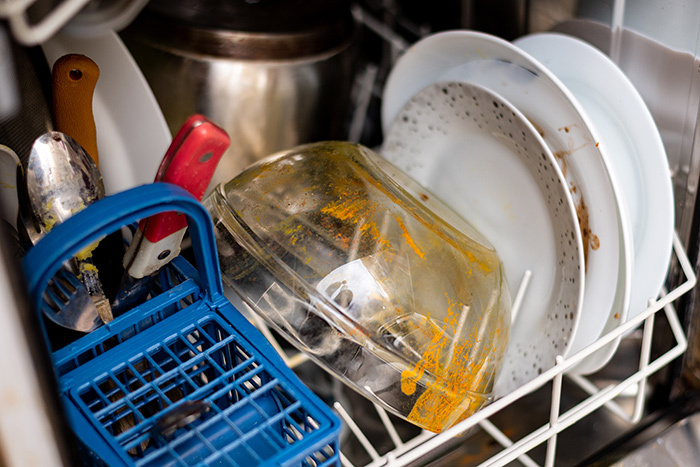
2. Washing by hand
Brace yourself for this truth bomb: washing your dishes by hand in a sink typically uses more water than a dishwasher. Yep, we were shocked too.
Of course, once you’ve seen the water usage figures for dishwasher vs washing by hand, it all makes sense.
Washing your dishes by hand in a sink typically uses more water than a dishwasher
Saving time, money and water are huge wins, but Denis points out other reasons to use your dishwasher regularly.
“You’ve paid all that money for a dishwasher – why do the washing yourself when you have an appliance designed for precisely that job?” asks Denis.
“Plus, leaving your dishwasher sitting idle can be bad for it.
“The seals can dry out and harden, so they won’t work properly when you do use your dishwasher again, and you could even end up with an infestation of cockroaches or other insects.”
3. Going up, not down
It’s the domestic dispute that’s raged since the dawn of the dishwasher – should your cutlery point up or down in the basket?
Some argue it’s up, up and away for a better wash, while their opponents play it safe and go down all the time.
And then there are those who choose chaos and put them in any which way.
There are pros and cons for each side, but our experts say down is the only way to go
There are pros and cons for each side, but our experts say down is the only way to go.
Check out the convincing argument for pointing your cutlery down and send it to your partner or housemates if they’re doing it wrong.
Then the arguments will be over for good. Probably.
How to load your dishwasher
Fill your dishwasher, but don’t overload it.
Turn bowls upside down.
Put cups and glasses on the top rack.
Put plastics on the top rack to avoid warping.
Use adjustable top rack for large items.
All items should face the middle.
Scrape plates – there’s no need to rinse them.
Cutlery points down – mix spoons to avoid nesting.
Put pots and pans on the bottom rack.
Put large items at the back and sides.
Mix up the size of the plates.
Put roasting trays face down.
4. Slacking on the stacking
Who doesn’t like playing the dishwasher Tetris challenge where you cram in as much as possible?
You could win, you could lose, but you’ll never know if you don’t play the game.
Or not.
CHOICE expert dishwasher tester Sean Lim – who’s obviously better at dishwasher-ing than the rest of us – says it’s more efficient to stack things sensibly to get a deeper, more dependable wash every time.
Make sure water can reach every surface and don’t just pile items on top of each other and hope for the best.
Make sure water can reach every surface and don’t just pile items on top of each other and hope for the best
“A poorly-placed plate can stop the water and detergent from reaching other items in your dishwasher,” says Sean.
“It might save you a few seconds, but you’ll spend far more time re-washing dishes and scrubbing bits of food off your spoons. The effort vs reward ratio means it’s just not worth it.”
5. Keeping the door shut
You may not have known this is a no-no, but it makes sense. Denis says you should leave your dishwasher door slightly ajar between washes.
“It won’t be able to dry out, so you could end up with mould and bad smells,” he says.
“And having the door tightly shut all the time means the rubber seals will always be compressed, which could affect their shape and thus their ability to seal the unit.
“Leaving the door just ajar after a wash can save you lots of trouble down the track.”
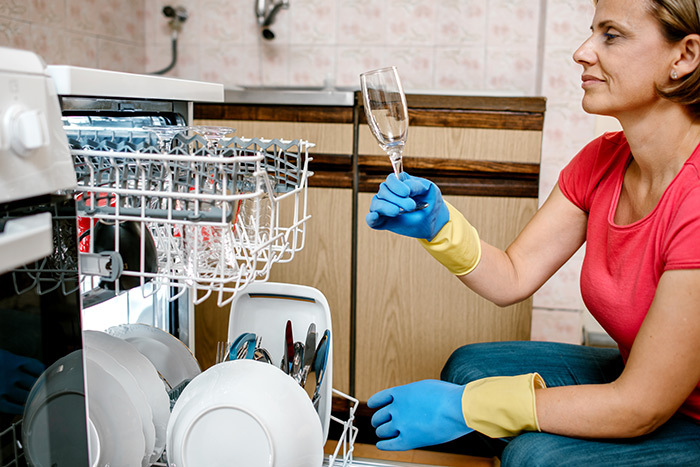
6. Forgetting the filters
You probably know you should do this. But, really, who wants to stick their hand into a slimy hellmouth of gunk, meat muck and soggy beans?
Same goes for trying to pull debris out of the spray arms’ tiny holes – it’s both disgusting and difficult.
Do your future self a favour so you never have to find out just how disgusting a blockage can be
Despite the ick factor, Denis says it’s vital to take the plunge at least once a month to keep your machine clean and unclogged.
“Cleaning your dishwasher filter is up there with going to the dentist and doing your tax return: no-one wants to do it, but it’s part of life,” says Denis.
“And like dentists and taxes, if you keep on top of it, things will run more smoothly. A clean filter means clean dishes and a happy dishwasher.
“Do your future self a favour and stay on top of filter cleaning so you never have to find out just how disgusting a blockage can be.”
7. Using a dud detergent
All products clean the same, right? Wrong! There’s actually a great divide between good detergents and bad ones.
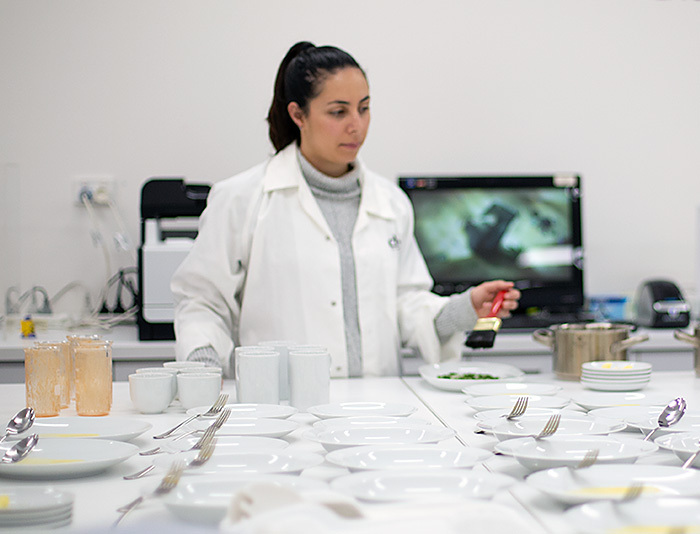
Each year, we test around 40 different dishwasher detergents in our labs to see which delivers the cleanest dishes.
And we often find cheaper products that outperform products costing up to 10 times as much!
We often find cheaper dishwasher detergents that outperform products costing up to 10 times as much
Denis says there are plenty of downsides to using bad detergents.
“Having to re-wash your dishes because your detergent let you down is not only a waste of your time and money, it’s also a waste of water and electricity,” says Denis.
“It’s bad enough opening the dishwasher to find that your crockery is still dirty, but some poor-performing detergents also contain abrasive ingredients that can scratch delicate glassware.
“Unfortunately this is most likely to happen with cheaper powder detergents. And tablets generally perform better overall than dishwasher powder.”
Having to re-wash your dishes because your detergent let you down is a waste of your time, money, water and electricity
Denis Gallagher, CHOICE whitegoods expert
Of course, not all tablets do a great job: there are plenty of duds that are out-performed even by cheap powders.
Check our reviews to see how the product you’re currently using compares with the rest.
8. Putting anything and everything in
We’ve all been there: you’re in a rush so you pop that wooden chopping board or those posh wine glasses into the dishwasher.
You know it should be hand-washed but life’s too short and there’s too much to do.
You may save some time then and there, but the bad news is you’ll probably need a new board and glasses down the track.
Wood can fade and split in hot water, and delicate stemware can get scratched or broken against other items inside.
To help you sort the safe items from the not-so-safe, check out our extensive list of what you can and can’t put in the dishwasher.
9. Not using rinse aid
Turns out rinse aid isn’t just a second soap that comes in a smaller, more expensive bottle. Who knew?
Denis, apparently, and he explains that it’s key for cleaner, drier dishes.
“Obviously choosing the right detergent is vital for clean dishes, but rinse aid will finish the job,” he says.
“It stops the water beading on your cutlery and crockery so it dries faster. Plus it’ll also prevent those unsightly water spots that can show up on your glasses if they don’t dry properly.”
Luckily for us, many detergents already contain rinse aid, but if yours doesn’t, top up the rinse aid reservoir next wash.
This is especially important if you’re using powder detergent, because it doesn’t typically contain rinse aid.
10. Not filling it to capacity
Overfilling your dishwasher is a sin, of course, but so is underfilling it.
To get your money’s worth, you need to load up your machine fully, Denis advises.
A half-full load won’t dry as well as a full one
Denis Gallagher, CHOICE dishwasher expert
“The maths is pretty simple: running a half-full dishwasher will use far more energy and water per plate and running a full load,” he says.
“Plus, a half-full load won’t dry as well as a full one. That’s because the plates hold heat from the wash, and that heat is what helps the water to evaporate, leaving you with dry dishes.
“Fewer dishes means less heat, which can leave you with wet dishes at the end of the cycle. Do you really want to dry your dishes by hand when your dishwasher is meant to do it for you?”

